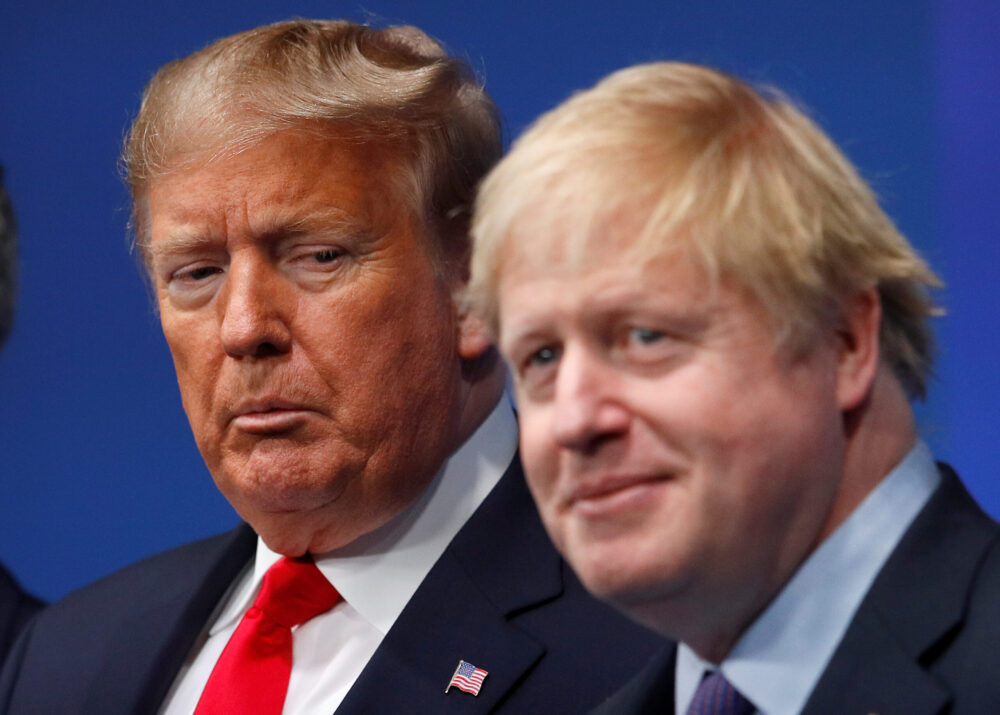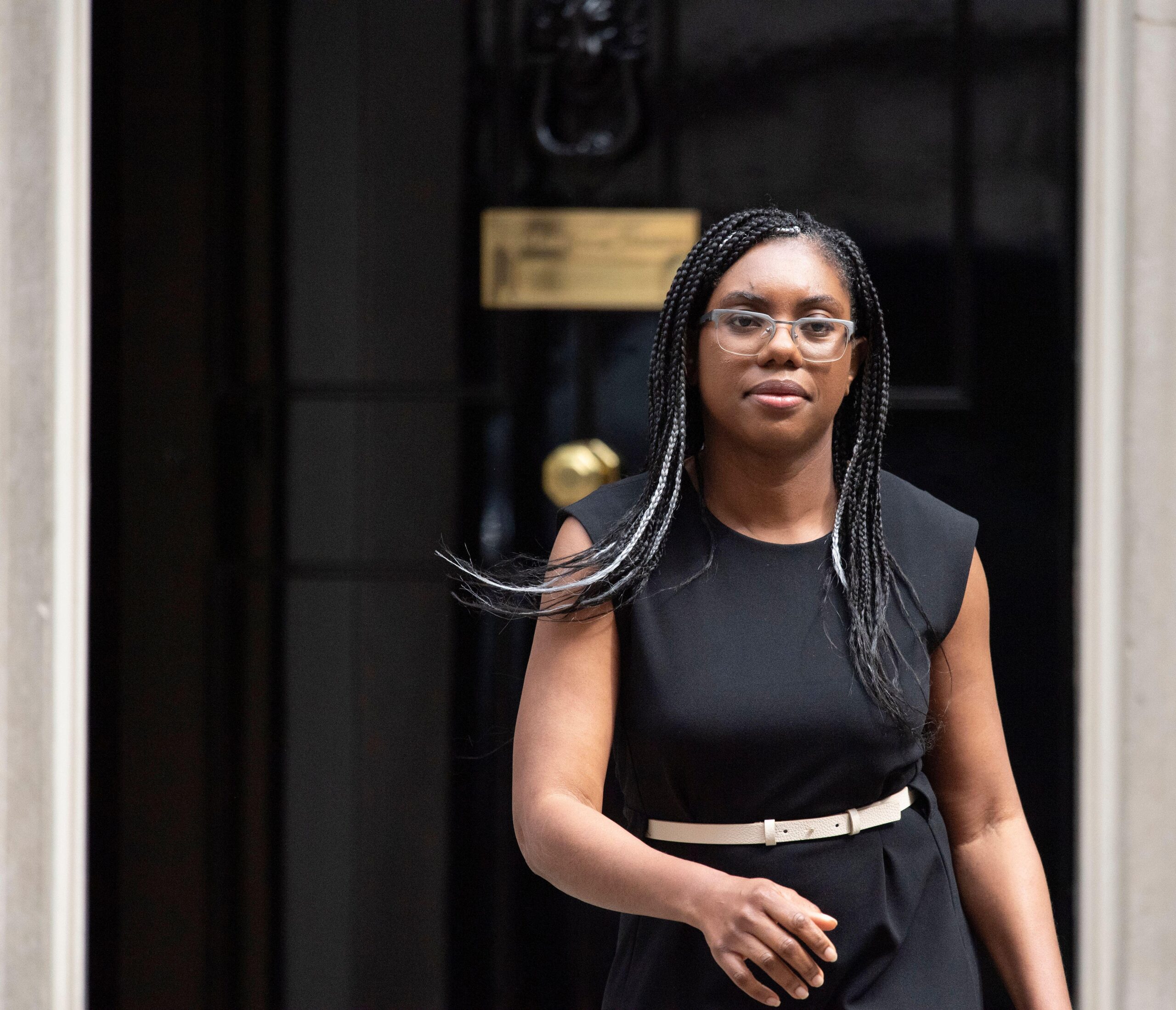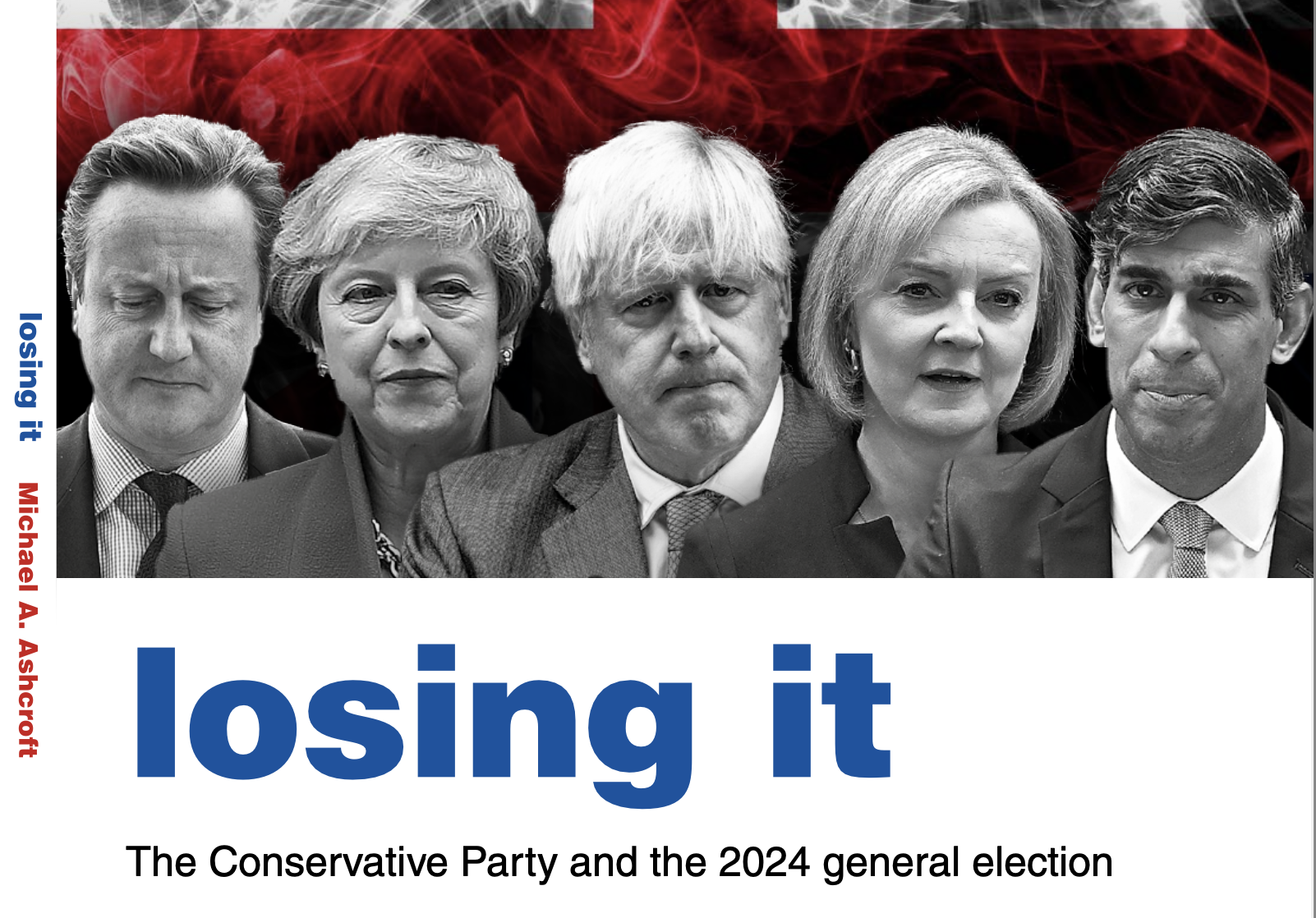
It wasn’t supposed to be like this. Like most Conservatives, I wanted Brexit wrapped up and out of the way under Theresa May’s stewardship, allowing a new leader to begin a new chapter, reinvigorate the party and – at long last – change the subject.
So much for that. Far from drawing a line under the unhappy recent history of British politics, the new Prime Minister will face exactly the same problem as his predecessor. He will also face the same parliamentary maths and apparently, despite the personnel changes in Brussels, the same stance from the EU. The first question on the minds of many Conservative Party members as they ponder over their ballot papers, then, will be who is finally going to get Brexit signed, sealed and delivered.
For Boris backers, the answer is clear: we must leave on 31 October, come what may, do or die. Only by convincing the EU that we are serious about this will they move – and if they don’t, we’ll be out. There is no other way to escape the “hamster wheel of doom”. Hold your horses (or your hamsters), say the Boris-sceptics: now is a time for cool heads and calm negotiation, not heroic ultimatums. Plan for no deal, but talk.
The problem with choosing between these two approaches is that there are so many unknowns in both scenarios. We don’t know how, when it comes to it, the EU will respond to new Prime Ministerial overtures, or what they would do if they believed a no-deal Brexit really was imminent. We don’t know how any resulting deal would differ from Theresa May’s thrice-rejected agreement, or whether it would fare any better in the House of Commons. We don’t know what would happen if it were defeated, and it is not yet clear exactly how no-deal would come to pass with parliament determined to prevent it.
It’s easy to see how another clash between government and parliament – whether over another unpassable deal, or an administration determined to leave without one – could bring about an early general election. Neither candidate wants one, but even if they get their wish, the winner will have to face the electorate eventually. After all, by Christmas we will be half way through the five-year term.
The next question for the Tory selectorate, then, is who is best placed to lead them to victory when the time comes. There is no clear answer here either, as my research earlier in the week showed. Boris has the greater appeal to those tempted by the Brexit Party – indeed, when we asked people how likely they were to vote for each party under each of the two potential new PMs, Nigel Farage’s latest outfit was in fourth place under Boris Johnson, but a close second under Jeremy Hunt. 2017 Tories and Labour Leave voters were also more drawn to the idea of a Boris-led Conservative Party. But voters as a whole preferred Jeremy Hunt, not least because remainers, including Conservative remainers, were very much more open to the idea of supporting him than his opponent.
As things stand, it looks unlikely, to say the least, that at the next election the two biggest parties will account for 82 per cent of the vote, as they did two years ago. The winner, then, will be the party that most successfully keeps its 2017 coalition from unravelling. This means Conservatives can’t afford to lose people at either end. In practical terms, this boils down to the following question: which is greater – the number of remain-voting potential supporters the Tories would lose (or fail to win back) under Boris, or the number of Brexit Party temptees who would abandon the Tories (or fail to return) under Jeremy Hunt? Which candidate would be more likely to win back Canterbury and Twickenham while holding onto Mansfield and Stoke? There is no clear answer, and the doubt is doubled when you ask whether such an election would be happening when we are in or out of the EU, and what the early consequences have been – which takes us back to the Brexit uncertainties I’ve already mentioned.
The conclusion I have come to is that for all these reasons, trying to choose between the two candidates on the basis of who would get the best Brexit and who would be most likely to win a subsequent (or preceding) general election amounts to making a series of uncertain tactical assumptions, with a good deal of crystal-ball gazing to fill in the gaps. And that is no way to choose a leader.
So we should start at the other end. The candidate to choose is the one who would, day by day, do the best job of being Prime Minister. That person, it follows, would be more likely to achieve the best things for the UK – whether on Brexit or anything else – and would accordingly have the stronger appeal to the electorate in an eventual election. Both candidates have a strong case to make: both are proper Conservatives, both are engaging, both are committed to honouring the referendum result, and both have ideas to take the country forward. So the decision about who would be the better Prime Minister comes down to judgment and instinct as much as anything else.
I can certainly see Boris in the job, and I can see him cheering us all up, at least for a time. I don’t fear a catastrophe should he carry the day. But I’ve watched Jeremy for a long time, with growing respect. I’ve been impressed with the way he has handled tricky jobs in government, from the Olympics to the doctors’ strike, with calm assurance and attention to detail. His performance as Foreign Secretary leads me to think the public’s view that he would be the more effective leader on the world stage is well founded. His character and integrity are evident. In a crisis, I would want him in charge. And if I were employing one of them to run a big, complicated project – which is what we are doing – I would choose him.
No disrespect to Boris – but it’s a binary choice, and that’s mine.


